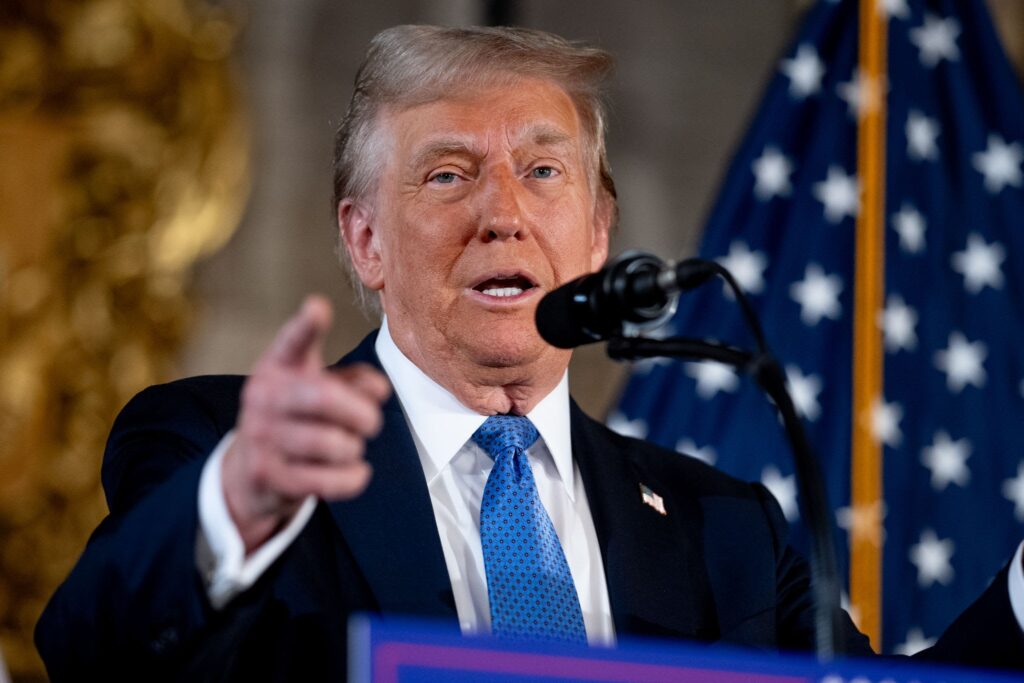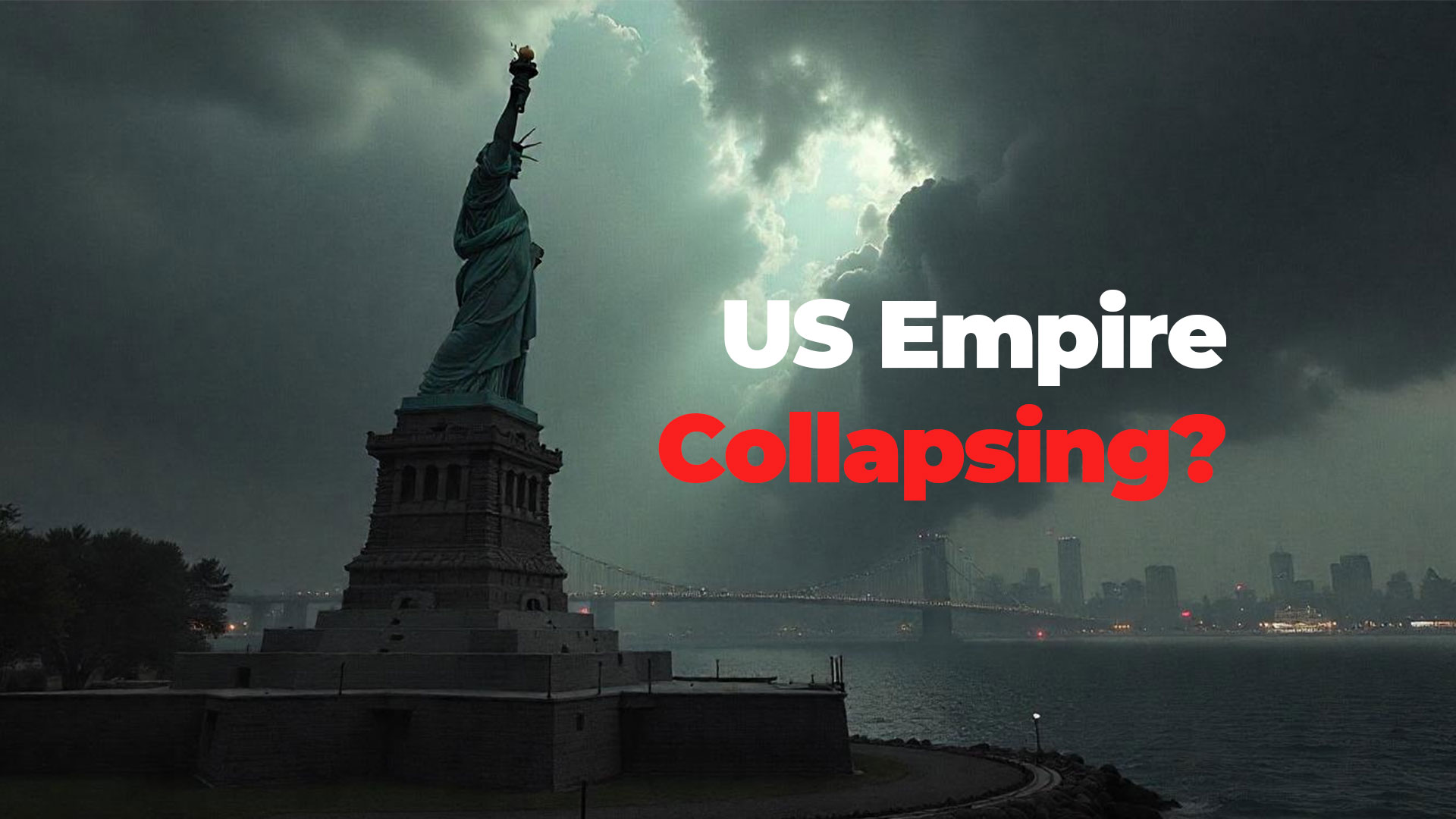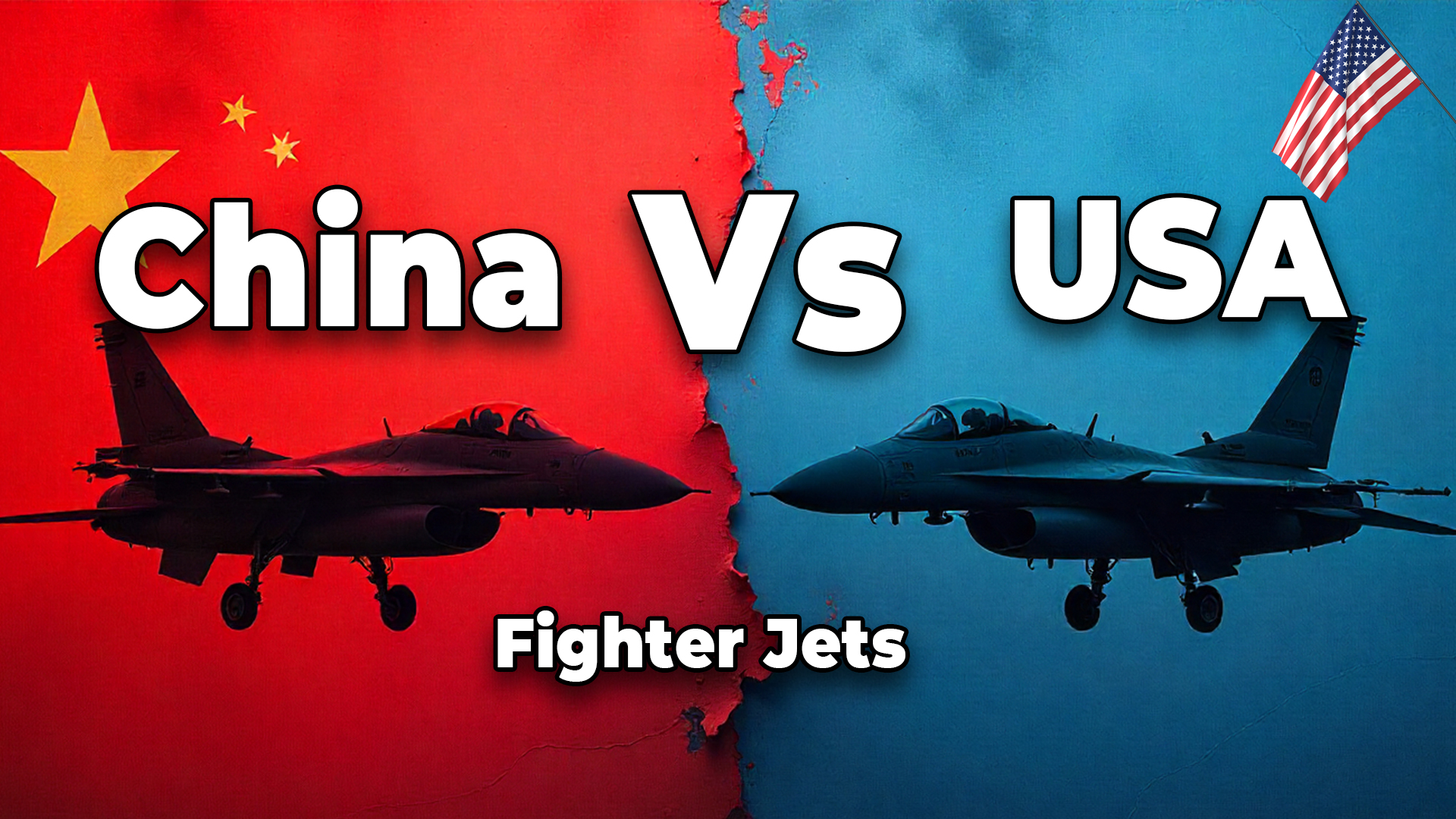Throughout history, the world has witnessed the rise and fall of powerful empires. From the grandeur of the Roman Empire to the far-reaching British Empire, no empire has remained invincible. Today, the United States, often referred to as the modern-day empire, is facing a critical juncture. As the U.S. navigates increasing polarization, questionable foreign policies, and controversial leadership under President Donald Trump, the question arises: Is the U.S. empire on the brink of collapse?
What Could Happen if Birthright Citizenship Ends? Trump’s Insight
The Rise and Fall of Great Empires
Empires have long been an integral part of history. However, none have stood the test of time. The Roman Empire, which once dominated much of Europe, fell due to corruption, overstretched military campaigns, and internal decline. The British Empire, once the largest empire in history, crumbled as nationalism and economic pressures led to its fragmentation.
The downfall of these mighty empires followed a similar pattern: internal strife, unsustainable military expenditures, and leadership failures. As empires expanded, they stretched their resources too thin, unable to maintain control over their vast territories. Could the United States, too, be following a similar path?
The State of the US Empire
For decades, the United States was the undisputed global superpower. Its economic and military strength placed it at the forefront of international affairs. But now, cracks are beginning to show. A divided nation, rising inequality, and a diminishing influence on the global stage are all signs that the U.S. may be facing challenges similar to those that led to the decline of past empires.
The U.S. military has also been embroiled in lengthy conflicts, most notably in Iraq and Afghanistan, which drained resources and goodwill. Yet, despite these wars ending, the military-industrial complex continues to dominate American politics. Could this be an example of empire overstretch, where the U.S. is entangled in conflicts it can no longer afford to sustain?
Moreover, internal divisions have reached a boiling point. The political landscape is more polarized than ever before, with deep ideological divides tearing at the fabric of American society. Much like the empires of the past, the U.S. is struggling to unite its people under a common cause.
Enter Donald Trump
Donald Trump’s recent swearing-in as the 47th President of the United States on January 20, 2025, has added another layer of uncertainty to the country’s future. Trump’s leadership style, which has often been described as controversial, reflects many of the policies seen in other empires before their collapse.
One of Trump’s most notable approaches has been his “America First” policy, focusing on national interests at the expense of international cooperation. His withdrawal from global agreements like the Paris Climate Agreement and his disengagement from the World Health Organization are clear indications of a retreat from the global leadership role the U.S. has long maintained.
This move mirrors the actions of past empires that, when faced with internal and external challenges, retreated from global affairs. As the U.S. pulls back from international alliances, it risks losing its influence and credibility, much like other empires that faltered in their final days.

PALM BEACH, FLORIDA – DECEMBER 16: U.S. President-elect Donald Trump speaks at a news conference at Trump’s Mar-a-Lago resort on December 16, 2024 in Palm Beach, Florida. In a news conference that went over an hour, Trump announced that SoftBank will invest over $100 billion in projects in the United States including 100,000 artificial intelligence related jobs and then took questions on Syria, Israel, Ukraine, the economy, cabinet picks, and many other topics. (Photo by Andrew Harnik/Getty Images)
Trump’s Controversial Policies
Trump’s policies don’t stop at international relations. Domestically, his stance on immigration, including building the border wall and implementing strict immigration measures, has intensified divisions within the country. His trade wars and aggressive rhetoric against China have sparked tensions that threaten to unravel the economic stability of both nations.
These policies, driven by nationalism, echo the mistakes made by past empires that sought to maintain control through isolationism and aggressive tactics. The Roman Empire, for example, faced significant challenges when it abandoned its diplomatic efforts and focused solely on military dominance.
Additionally, Trump’s economic policies—particularly tax cuts for the wealthy and his disregard for wealth inequality—have raised concerns about the growing divide between the rich and poor in America. This concentration of wealth has historically been a contributing factor to the decline of empires, as it breeds discontent and social unrest.
Trump’s rhetoric has further exacerbated these divides. By fostering a climate of division, he risks undermining the unity that once held the country together. In many ways, his leadership mirrors the actions of past emperors who, unable to unite their citizens, hastened the decline of their empires.
Can the US Avoid the Fall?
The United States stands at a crossroads. It faces a critical choice: continue down the path of division and isolation, or find a way to adapt and evolve to meet the demands of a changing world. The decline of empires in the past was not inevitable. Some found a way to reinvent themselves, while others faded into history.
Whether the U.S. can avoid the fate of past empires remains to be seen. However, the current trajectory—marked by internal division, unsustainable policies, and controversial leadership—suggests that the U.S. must make critical changes to avoid following in the footsteps of Rome, Britain, and others before it.
The future of the U.S. empire will depend on its ability to address these challenges and adapt to an increasingly complex global landscape. Will it rise to the occasion, or will it suffer the same fate as the great empires of history?






Some genuinely nice and useful information on this internet site, as well I believe the style and design holds great features.
Thank you! I’m glad you find the information useful and the design appealing. I appreciate your feedback! If there’s anything specific you’d like to see more of, feel free to let me know. 😊